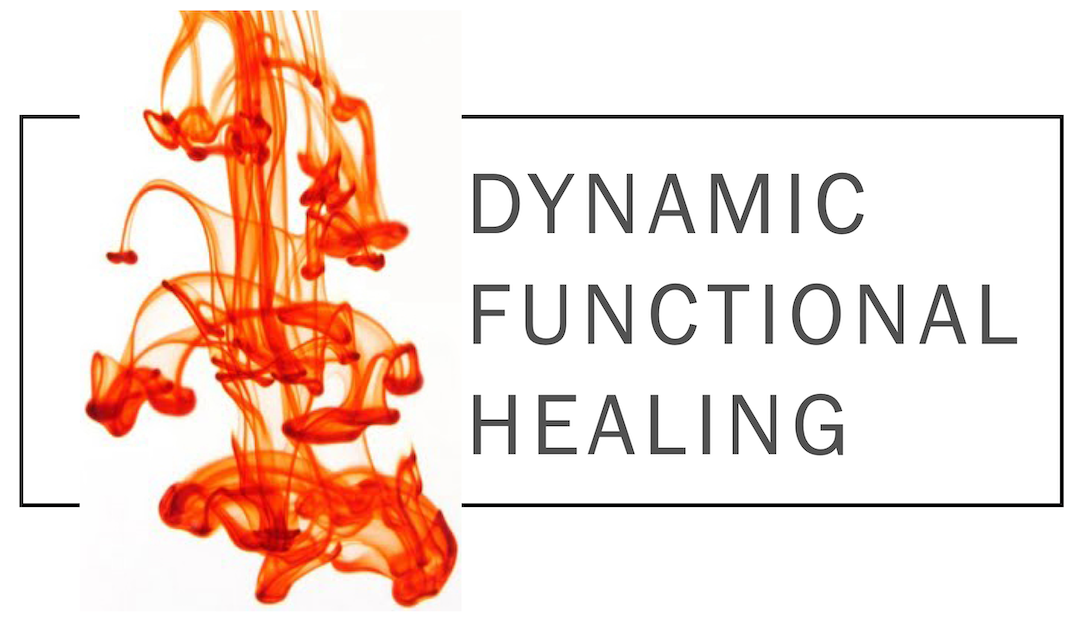A meta-study involving 5038 women aged 55 and older, as reported in Science News, found that higher levels of vitamin D were protective against breast cancer and indicate that a higher minimum recommendation may be warranted. While most women in the studies were white and while these studies don't necessarily prove cause and effect,
"Nonetheless, this paper reports the strongest association yet between serum vitamin D and reduction in risk of breast cancer," Garland said.
But not just breast cancer. In earlier research Cedric F. Garland, DrPH, adjunct professor in the UC San Diego Department of Family Medicine and Public Health found positive associations between higher levels of vitamin D and reduced occurence of colon, breast, lung and bladder cancers, multiple myeloma and adult leukemia.
To reach 25(OH)D levels of 60 ng/ml, said Garland, would generally require dietary supplements of 4,000 to 6,000 international units (IU) per day, less with the addition of moderate daily sun exposure wearing very minimal clothing (approximately 10-15 minutes per day outdoors at noon). He said the success of oral supplementation should be determined using a blood test, preferably during winter months.
The article warns not to exceed 10,000 IU/day as serious adverse effects may occur.
